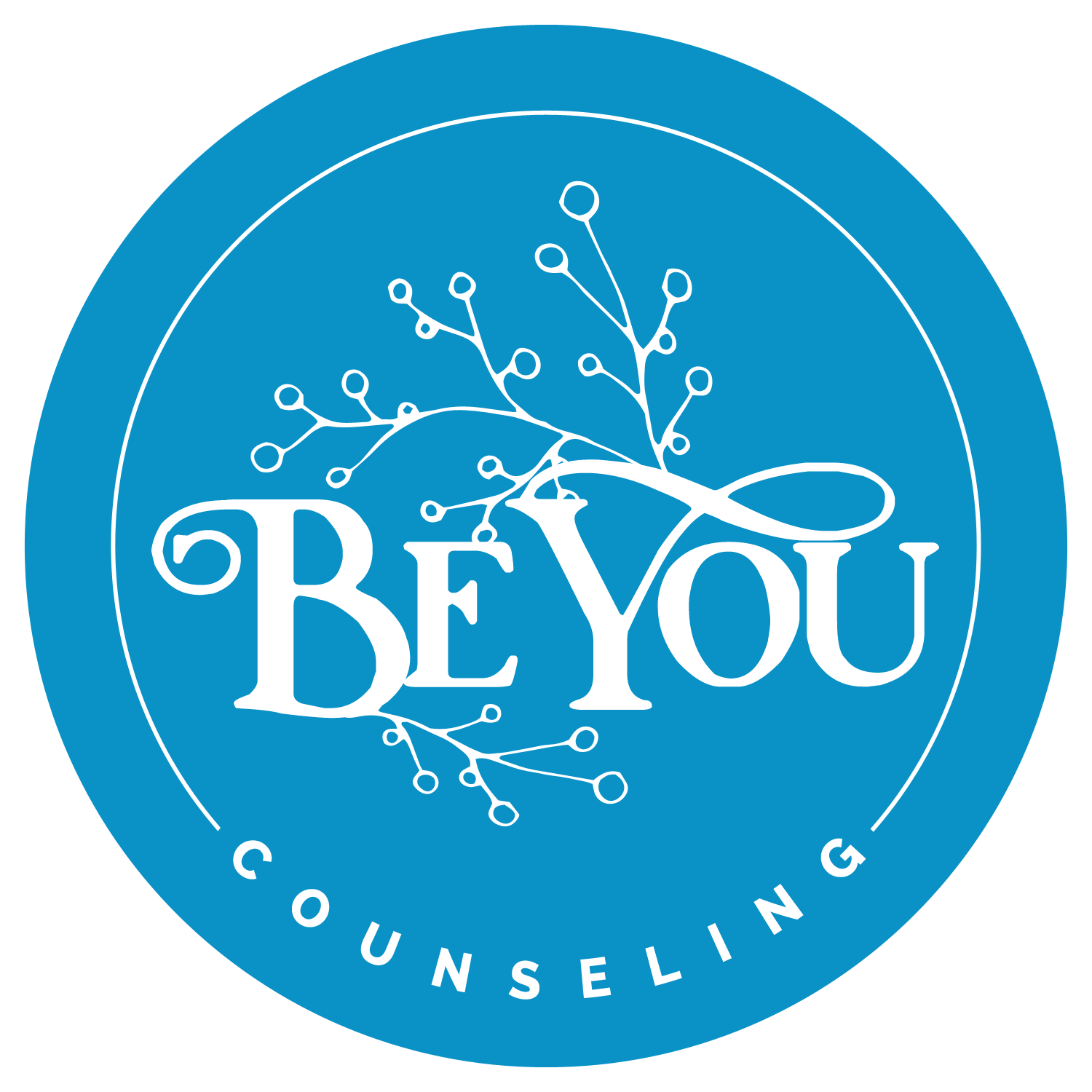Posted by Be You Counseling on August 13, 2019
Communication surrounds us 24/7. We live in a world where connection is constantly at our fingertips. We can talk to almost anyone we want to in a matter of seconds.
So, why is loneliness such a problem?
Studies have shown that nearly half of all Americans would say they’re lonely. That seems like a staggering number, considering how easy it is to talk to people, right? Unfortunately, the ease of different types of communication may be a contributing factor to why loneliness is such a big issue.
What’s really causing this potential epidemic, and what can be done about it?
Why Loneliness Can Be Damaging
First, it’s important to understand that loneliness can have lasting negative health effects. When you feel lonely, the issues that arise go far beyond that specific moment.
Feelings of loneliness can lead to mental health issues like depression and anxiety. People who are lonely may have trouble sleeping or may sleep all the time. They may further disconnect from life by binge watching a TV series on Netflix or HBO. This helps them connected to an alternate world that isn’t their own. As a result, they become isolated and less likely to feel motivated and productive at work, home, or school.
Because extreme loneliness is so often linked with mental health issues, people who suffer from it may also start impulsively partaking in harmful risk taking behaviors as a way of numbing the pain they are feeling. Overeating or not eating at all, drug and alcohol use, constantly staying busy with tasks to do, or sleeping all the time are some of the ways in which we try to disconnect from our feeling. Unfortunately, these strategies are only short lived, and leave you feeling worse off then before.
What Are the Contributing Factors?
So, why are people feeling so lonely? It doesn’t have anything to do with location, gender, or even age. Loneliness has started to become an epidemic because fewer people have meaningful relationships.
Even if you live with someone, you may only have a surface relationship with them. The same goes for friendships and even some romantic relationships. If you don’t fully invest your time and energy into your relationships, they’re never going to become meaningful. Surface relationships don’t foster strong connections.
That lack of connection leads many people toward digital relationships. It’s easier than ever to have 1,000 friends on social media but NOT feel truly connected to any of them. At first, seeing someone “like” your Facebook post can make you feel good. But when you start to realize that your relationship with the person mostly occurs behind a computer screen, it can make those feelings of loneliness kick in even harder.
Unfortunately, social media plays a huge factor in the loneliness epidemic. It tends to keep people in those surface relationships. As a result, we don’t dive deeper into relationships we might truly care about, and we end up feeling lonely.
How to Combat Loneliness
It’s important to think about quality versus quantity when it comes to stable relationships. The first step in overcoming loneliness is to recognize it.
Loneliness is subjective—it’s not a fact. It’s okay to accept that you’re feeling lonely. Doing so will help you to better learn how to get through it and find the help you need.
Once you’re willing to admit that your loneliness is a problem, you can create a mental health plan for yourself that keeps you from going down the dangerous path of other potential mental issues, like depression or anxiety attacks. This plan could include learning to sit and lean into your feelings as they emerge instead of moving way from them, fighting back against your negative self-sabotaging self-talk, and/or finding others who might also be struggling with loneliness.
As you bring awareness and curiosity to how you feel and think, instead of judgment and shame, you will develop insight into who you are now and how you arrived at this point. With awareness comes choice. With choice comes power. Instead of being a victim of life and circumstance, become an active participant that is in charge of their life and capable of asking for what you want.
Above all, reach out for help if you need to. Sometimes, that’s the only way to take the first step out of the darkness that a feeling of loneliness can often cause.
—
If you’re struggling with feeling lonely and you don’t know where to turn, please contact me to set up a free consultation. You can also visit my Depression Counseling Page to learn more. We can talk about what might be causing the issue. From there, we can work on how to better overcome feelings of loneliness. When you’re able to do that, your life can start to be more fulfilling once again.

